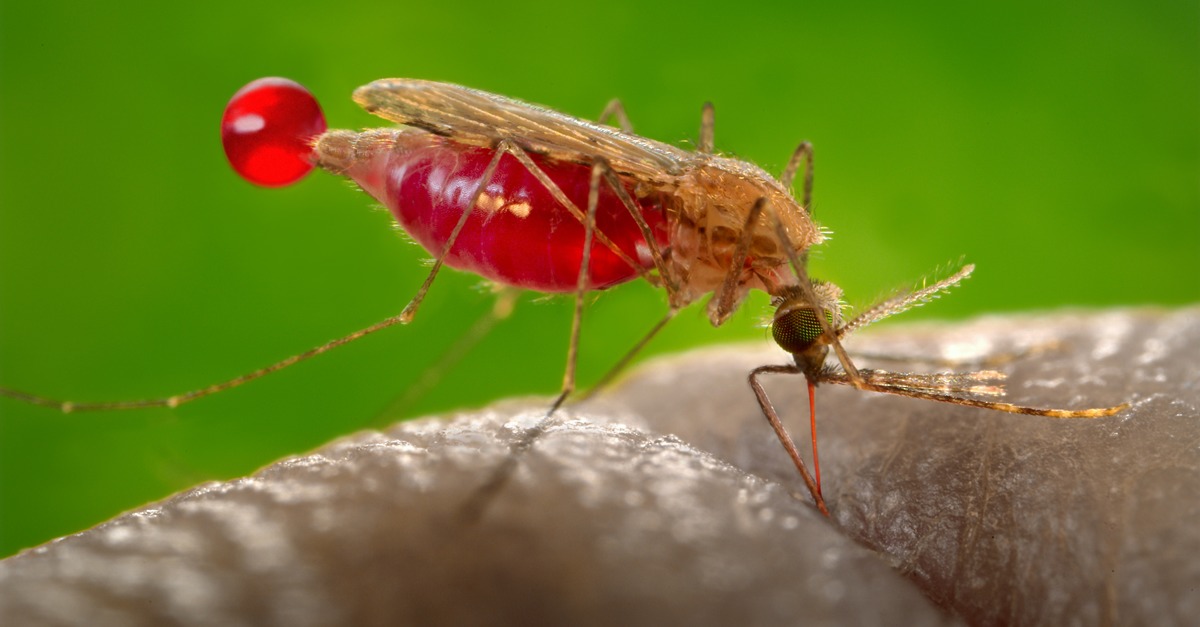With rising temperatures, people living in regions across Africa that were once inhospitable to malaria-carrying mosquitoes, including the mountains of eastern Ethiopia and the slopes of Mount Kilimanjaro, could be newly exposed to the disease, according to latest studies on this topic.
As the temperature range where malaria-carrying mosquitoes thrive is rising in elevation as the planet warms and mosquitoes migrate slowly upward, scientists now worry people living in areas once inhospitable to the insects will now be exposed to malaria. For example, a study published in 2016 found the habitat for malaria-carrying mosquitoes had expanded in the high-elevation Mount Kilimanjaro region by hundreds of square kilometers in just 10 years. Lower altitudes, in contrast, are becoming too hot for the bugs. Most research on the trend focuses on Africa given the fact that 96% of malaria deaths in 2021 occurred in the continent.
Global deaths from malaria declined by 29% between 2002 and 2021 as countries have taken more aggressive tactics in fighting the disease. However, the numbers remain high, especially in Africa, where children under 5 years old account for 80% of all malaria deaths. The latest world malaria report from the WHO recorded 247 million cases of malaria in 2021 – Nigeria, the Democratic Republic of the Congo, Uganda and Mozambique alone accounted for almost half of those cases. “The link between climate change and expansion or change in mosquito distributions is real,” said Doug Norris, a specialist in mosquitoes at the Johns Hopkins Bloomberg School of Public Health. Despite this, uncertainty remains on the extent of how shifting mosquito populations will affect people in the future.



